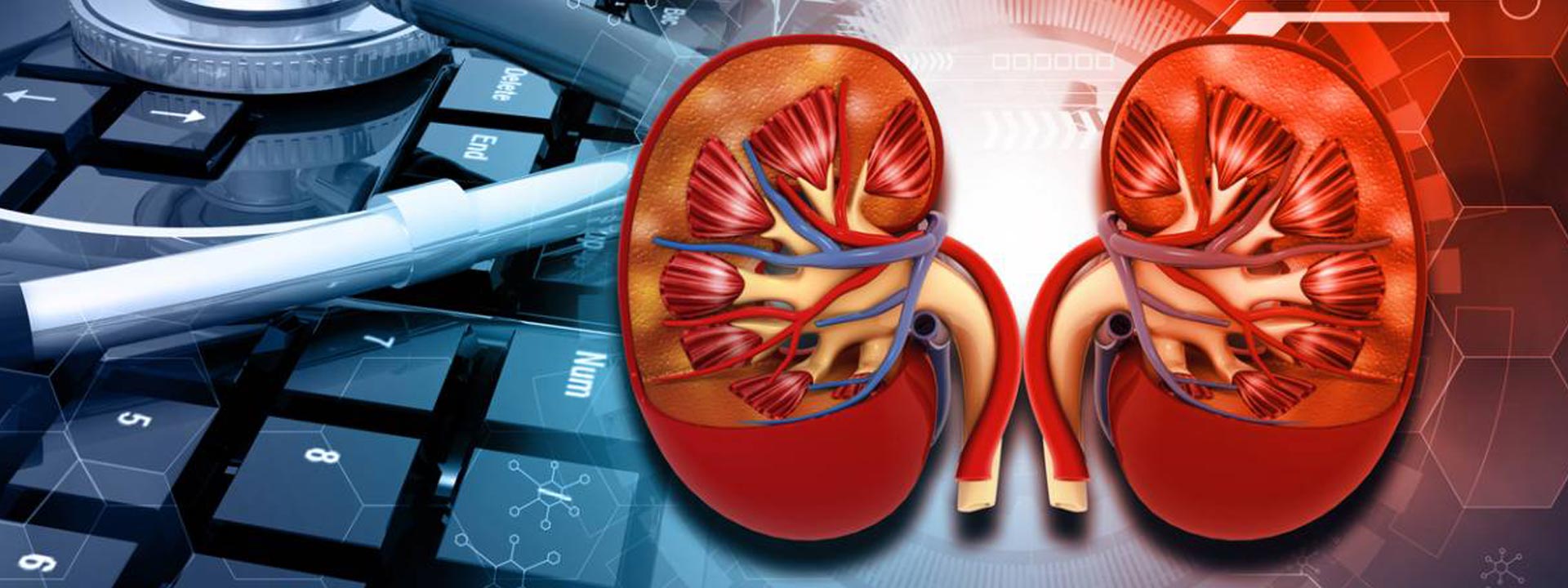Although kidney disease is one of the most common ailments among adults, not a lot of people are aware of its early warning signs. Oftentimes, kidney failure is misunderstood to be an acute kidney injury since both conditions have some pretty immediate effects. However, there are a few key differences between acute kidney injury versus kidney failure that you should know about for the betterment of your health. While professional testing with your local nephrologist is the best way to diagnose your kidney problems, you can check out this guide in the meantime to find out whether you are dealing with kidney injury versus full kidney failure.
Guide to Acute Kidney Injury
Acute kidney injury, also called AKI, can be mild or severe, though in most cases it comes on quite quickly. Acute kidney injury is described by a sudden and rapid decline in kidney function. It often occurs within a short time frame, typically a few hours to a few days. Several factors can cause AKI, including:
- Dehydration
- Blood loss from trauma or surgery
- Infections, especially in the urinary tract
- Medications or toxic substances
- Reduced blood flow to the kidneys (hypotension)
These factors can damage the kidneys, leading to a decreased ability to filter waste and maintain fluid and electrolyte balance. When left untreated, kidney injury can lead to kidney failure. However, it is not complete kidney failure at this time.
About Kidney Failure
Kidney failure, also called end-stage chronic kidney disease, is a chronic and irreversible condition. It represents the final stage of kidney disease when the kidneys have lost almost all of their functionality. There is no way to restore function to the kidneys other than through an organ transplant. The primary causes of kidney failure include:
- Long-term, uncontrolled high blood pressure
- Diabetes
- Glomerulonephritis, a group of kidney diseases
- Polycystic kidney disease, a genetic disorder leading to cyst formation in the kidneys
While AKI has a rapid onset, kidney failure happens slowly over the years as the health of the kidneys gets worse. If you are able to get treatment for your kidney injury right away, you may be able to avoid total kidney failure.
How Diagnosis and Testing Works
Diagnosing AKI typically involves assessing a patient’s medical history, a physical examination, blood and urine tests, and imaging, such as ultrasound. Urine tests can reveal elevated levels of waste products, a low urine output, and other signs of kidney malfunction.
Diagnosing kidney failure, on the other hand, may require more extensive testing. Blood tests are essential for determining kidney function, and imaging practices like ultrasounds or kidney biopsies can help identify structural issues.
Getting Kidney Treatment
The treatment for AKI focuses on addressing the underlying cause, managing symptoms, and preventing complications. In some cases, patients might require hospitalization, particularly if severe dehydration, infections, or toxin exposure is involved. Treatment may include medications to control blood pressure or diuretics to increase urine output.
Treatment for chronic kidney failure is, unfortunately, a little more complex. The most common approaches include dialysis and kidney transplantation. Dialysis involves using a machine to filter the blood when the kidneys can no longer perform that function. A kidney transplant can replace the damaged kidneys with a healthy one, offering the best chance for improved quality of life and kidney function.
Test for Acute Kidney Injury Today
The best way to determine whether you are dealing with AKI or with renal failure is to sign up for some comprehensive testing with your local acute kidney injury specialist. Our trained medical staff is focused on providing you with swift and accurate information so you can protect your kidneys before they fail. Get in touch with Dr. Gura today to schedule your personal consultation and form a personalized treatment plan that prioritizes your kidney health.

